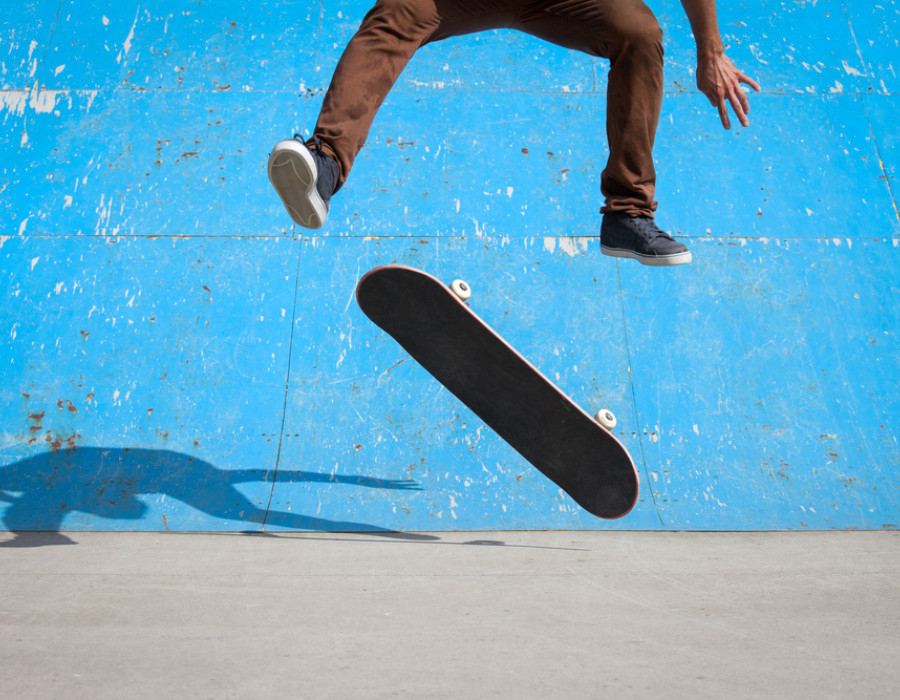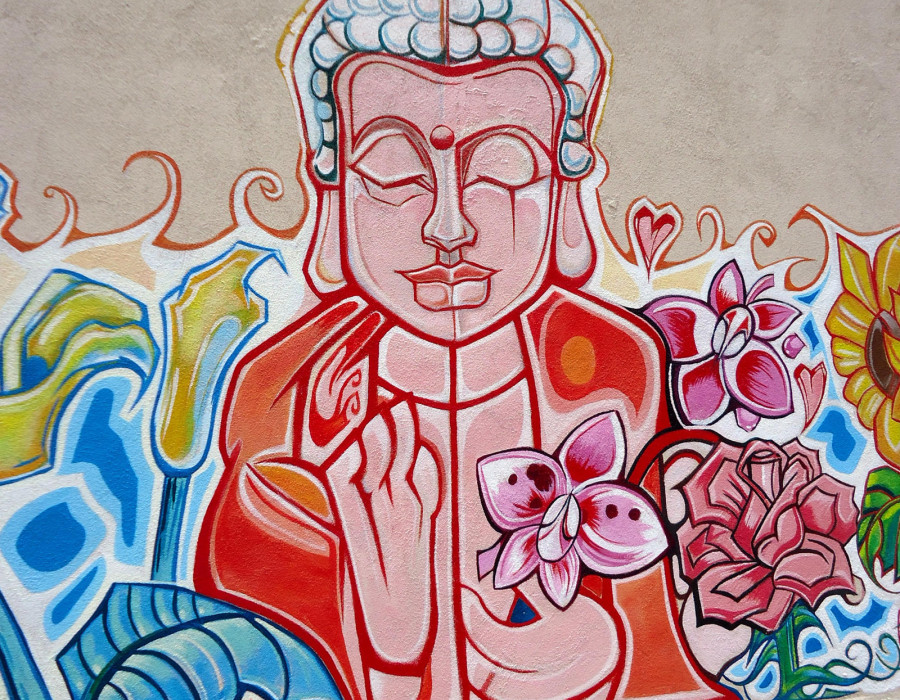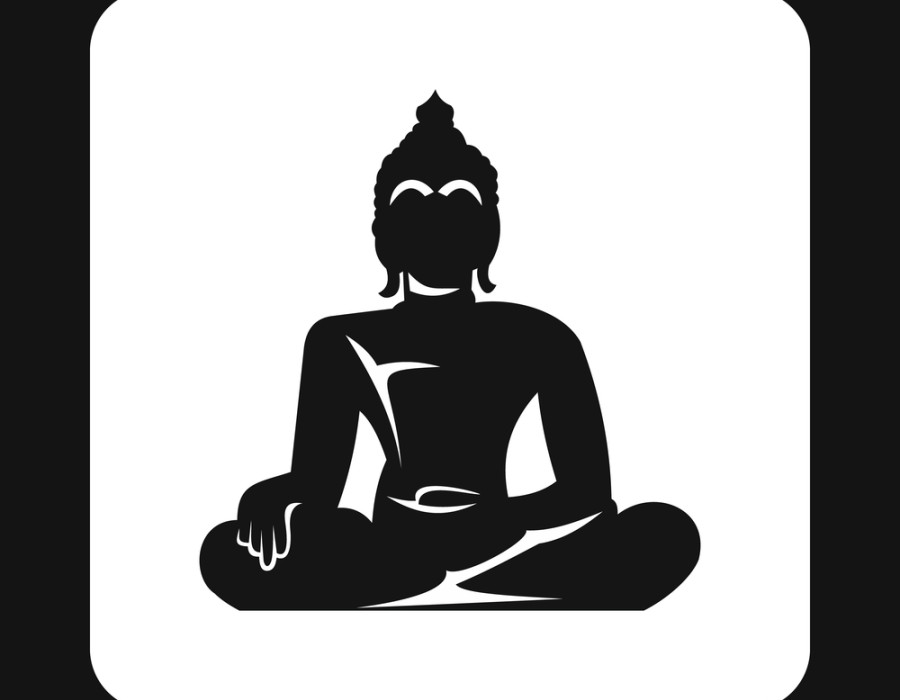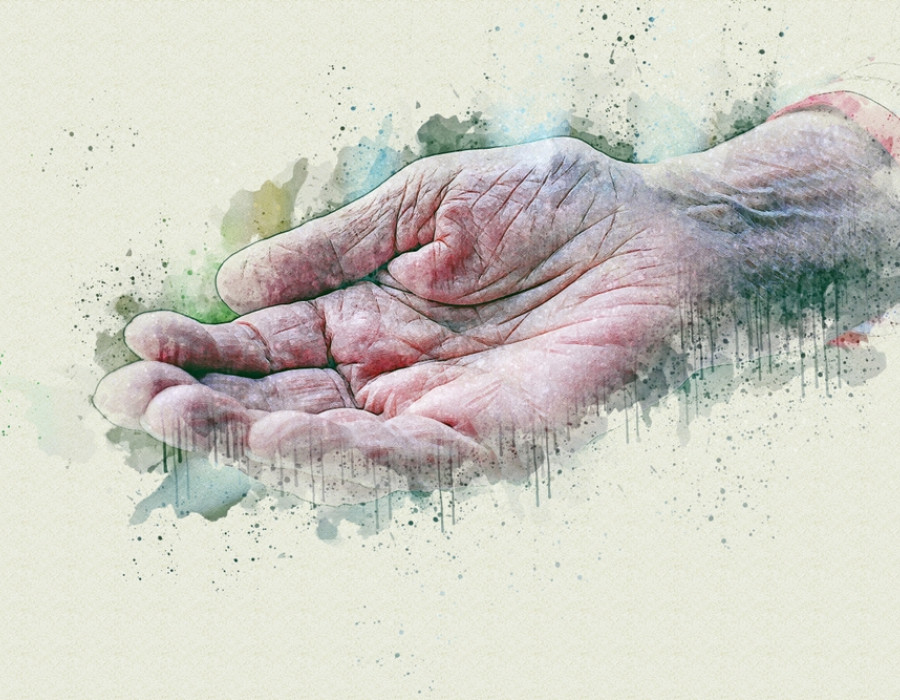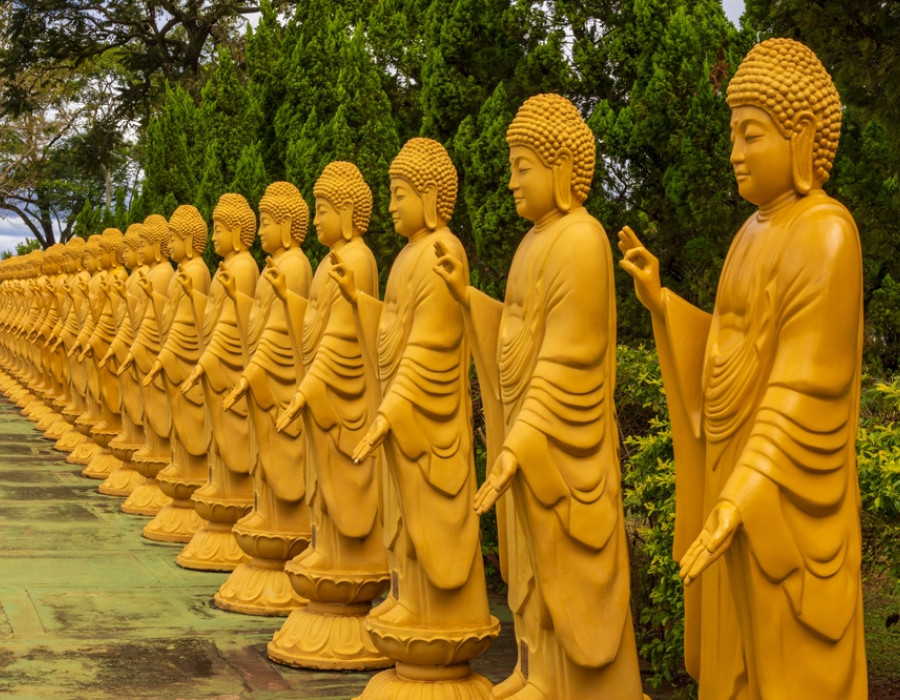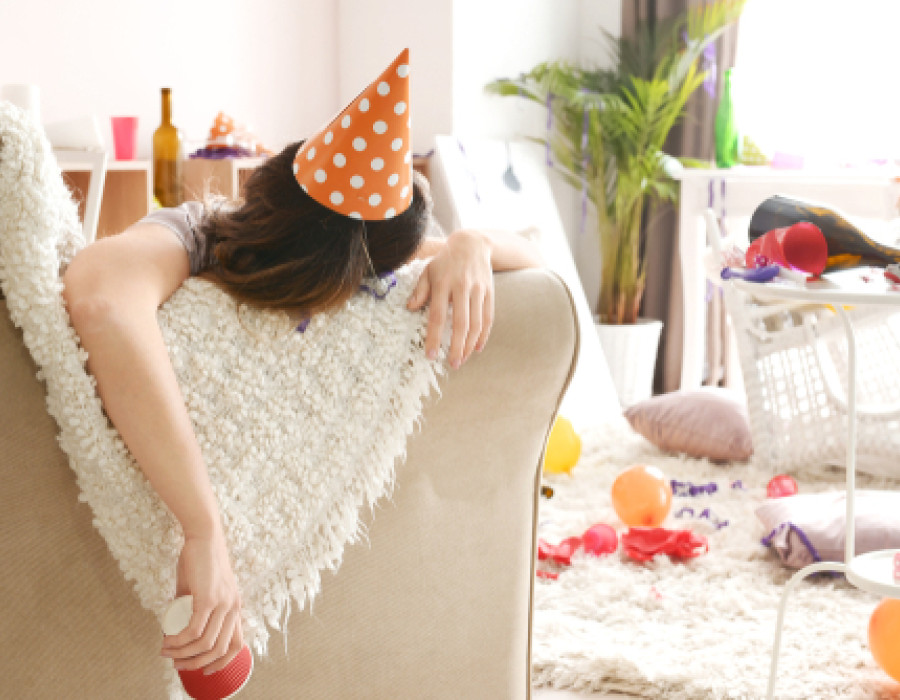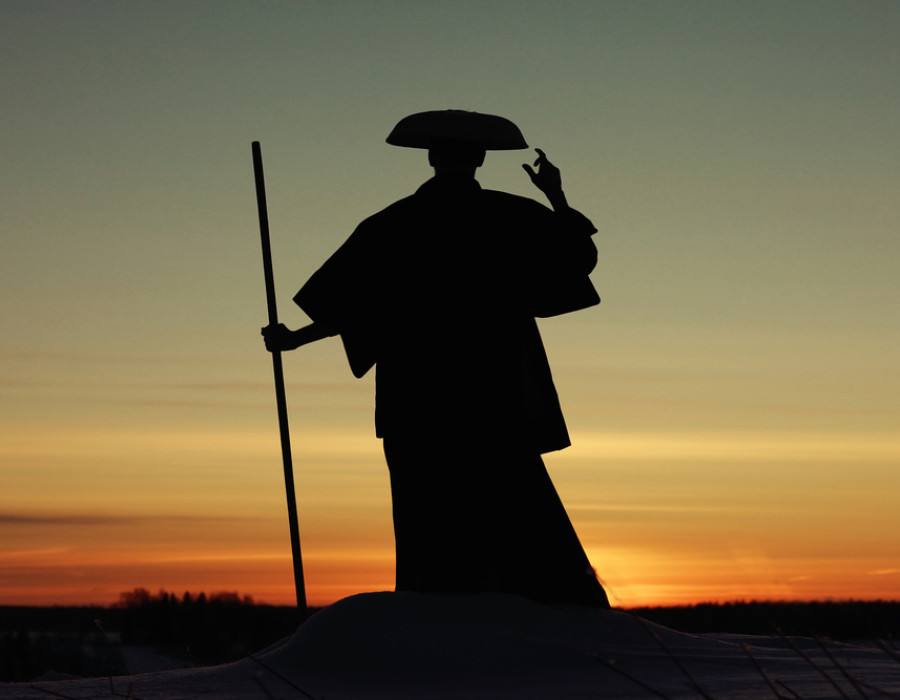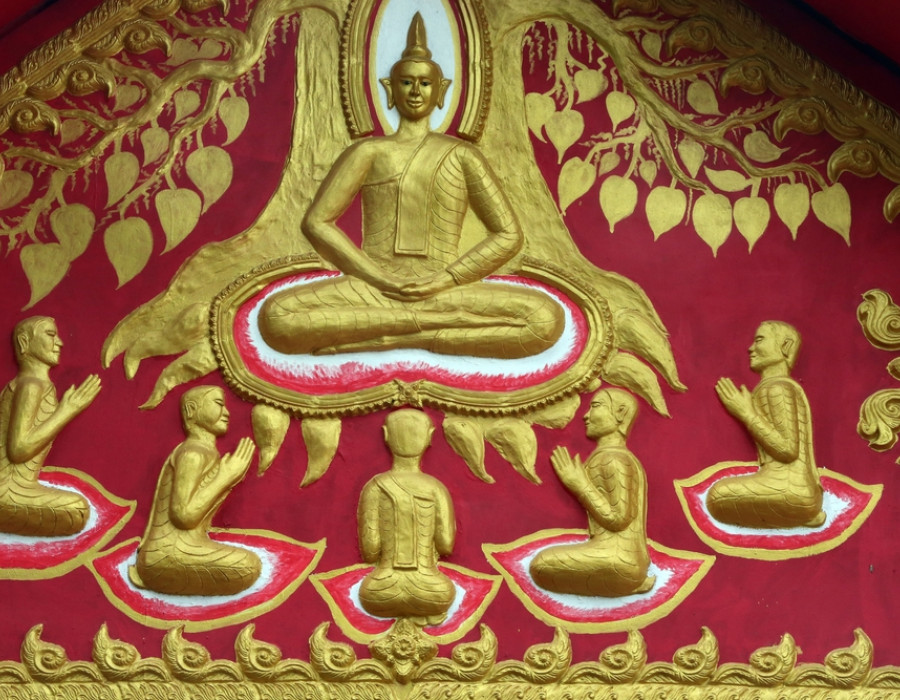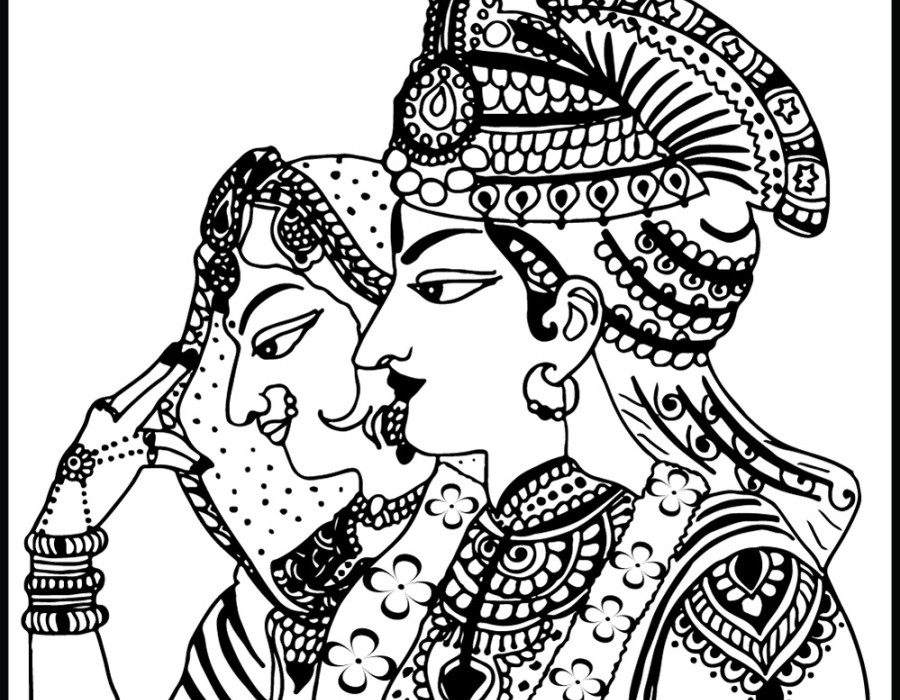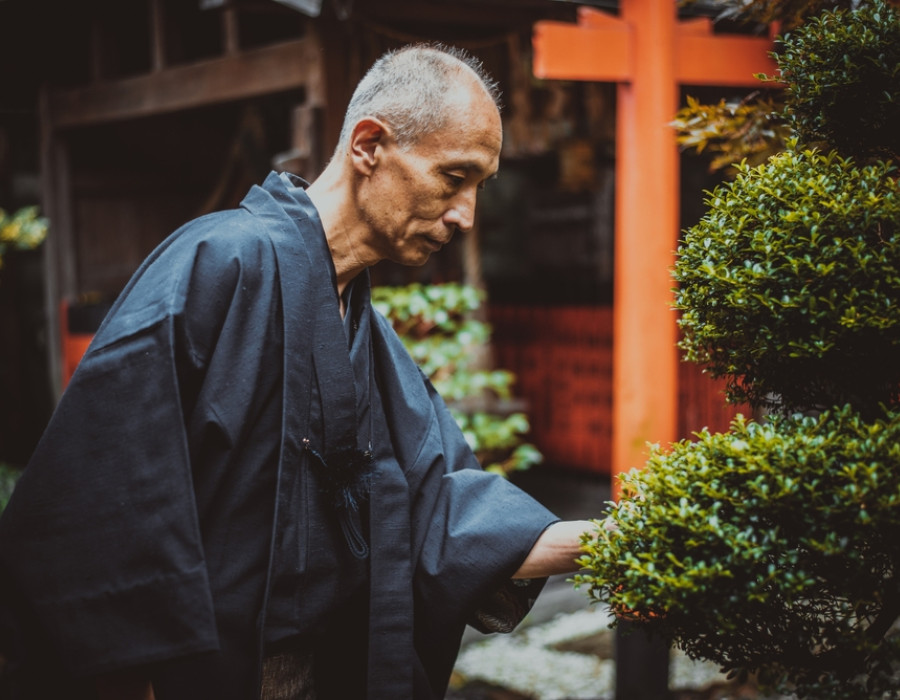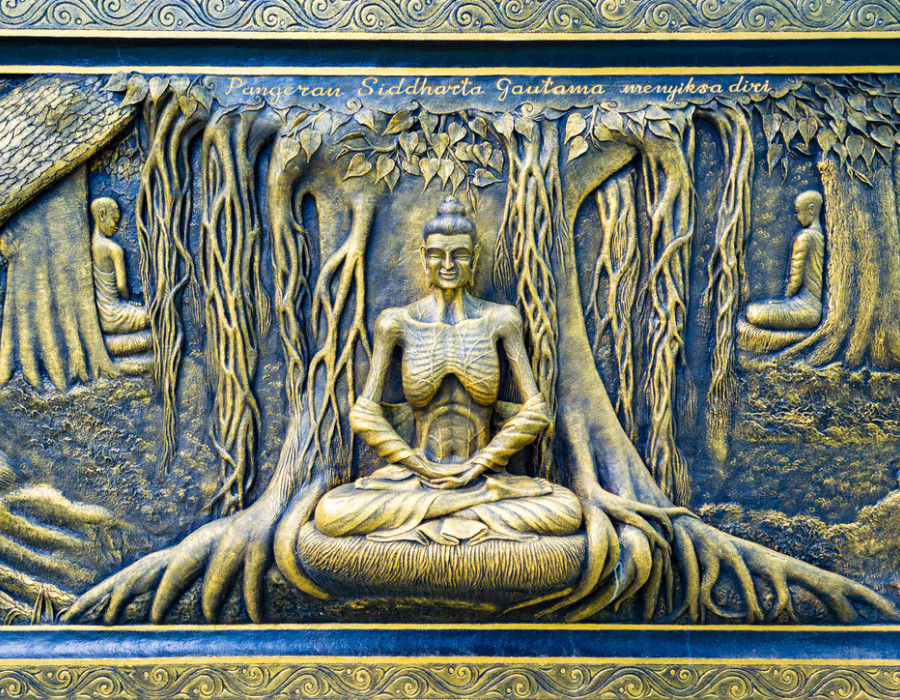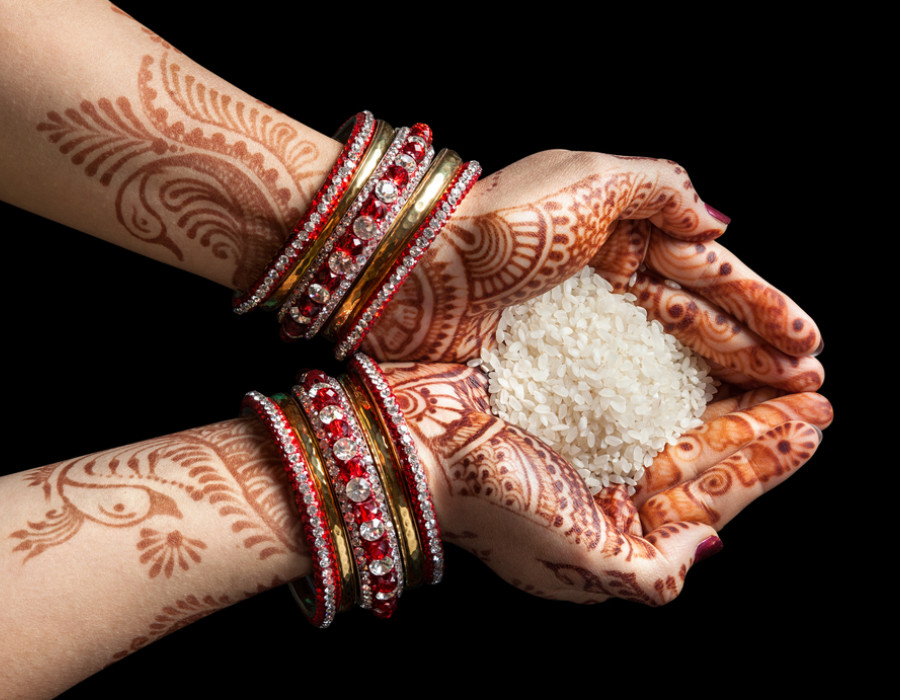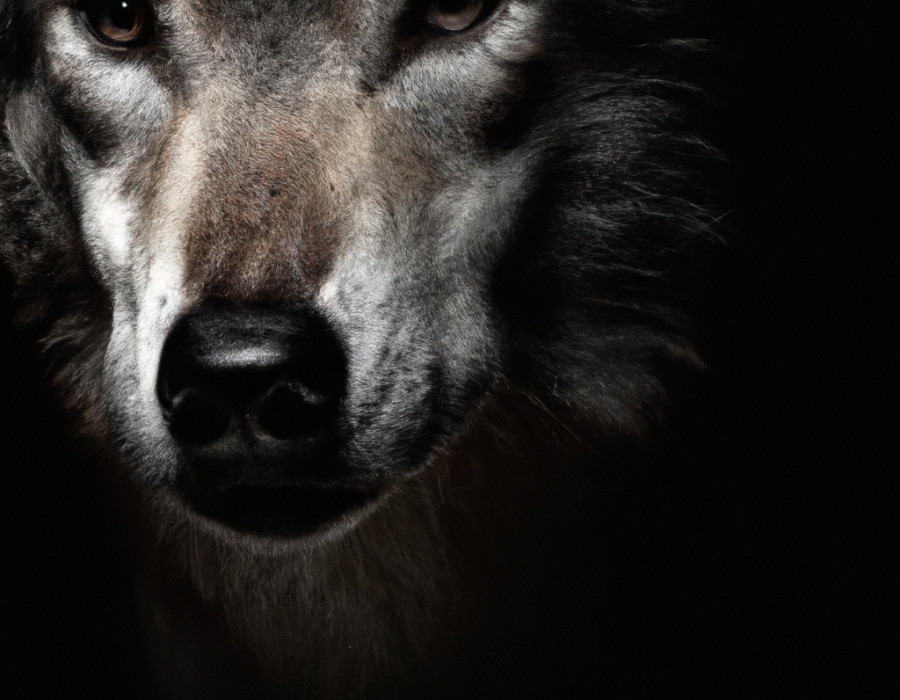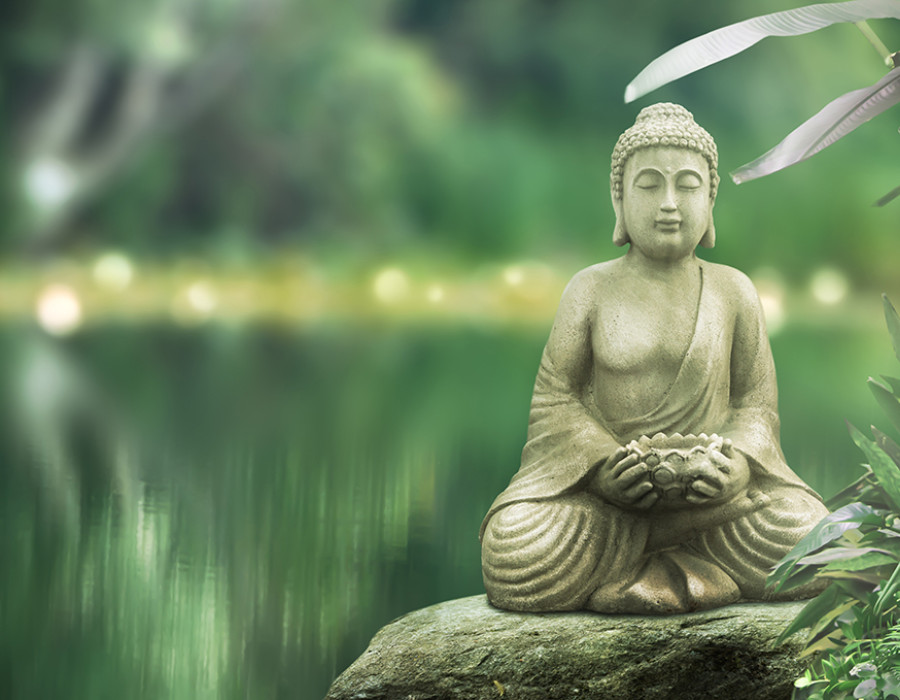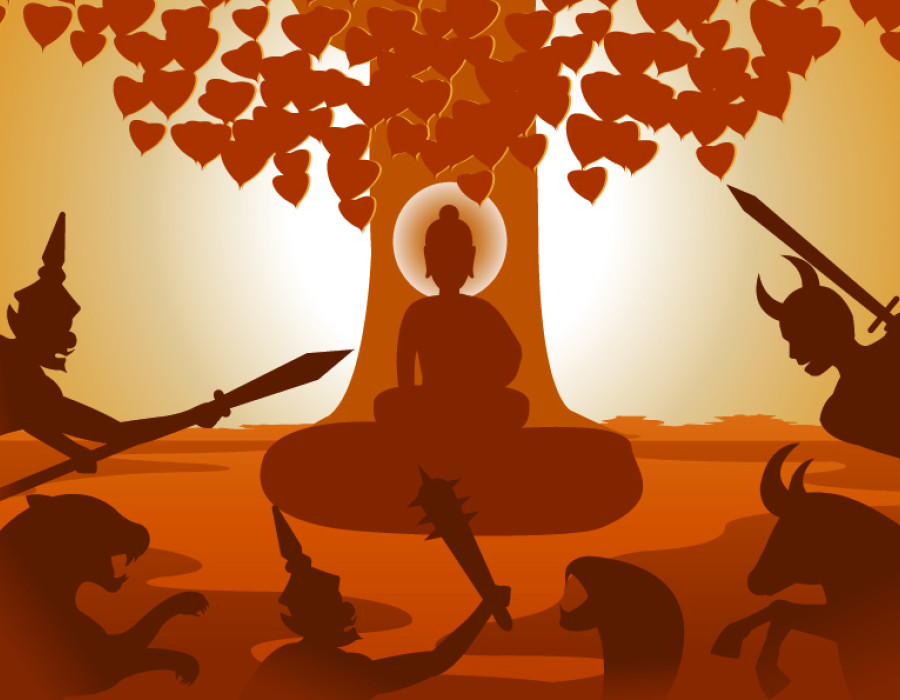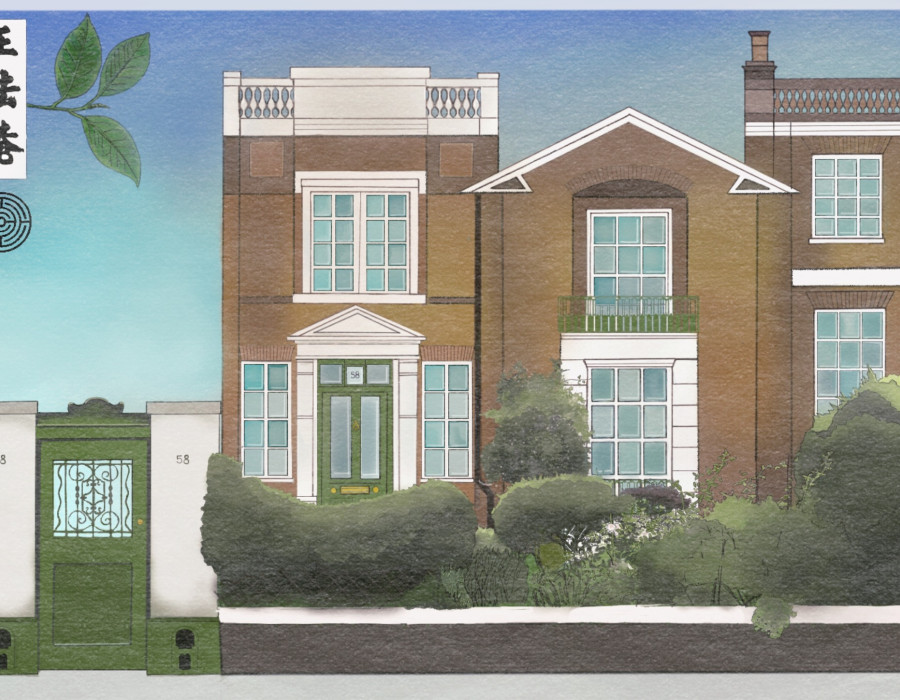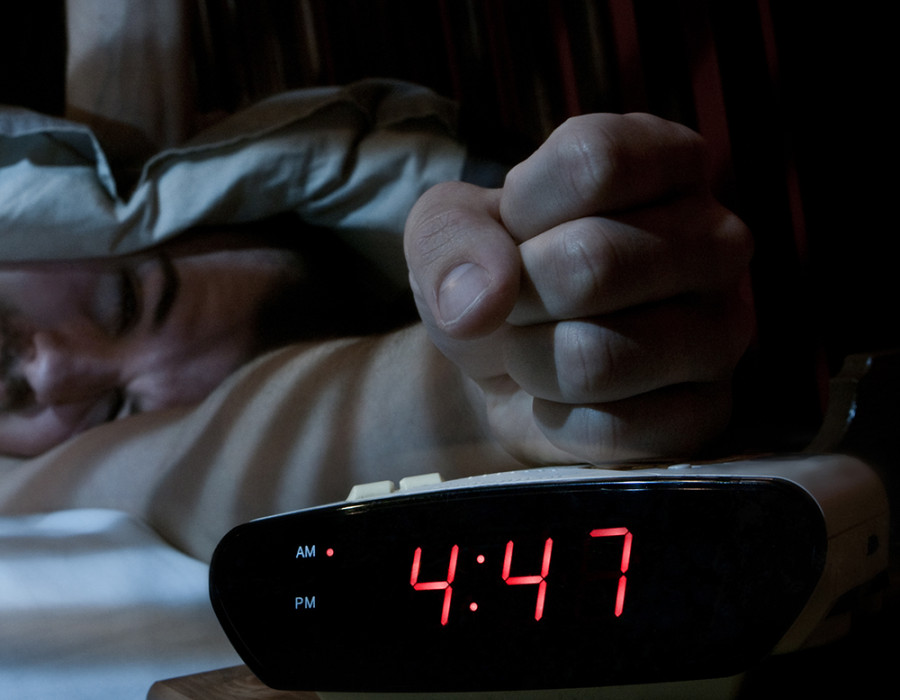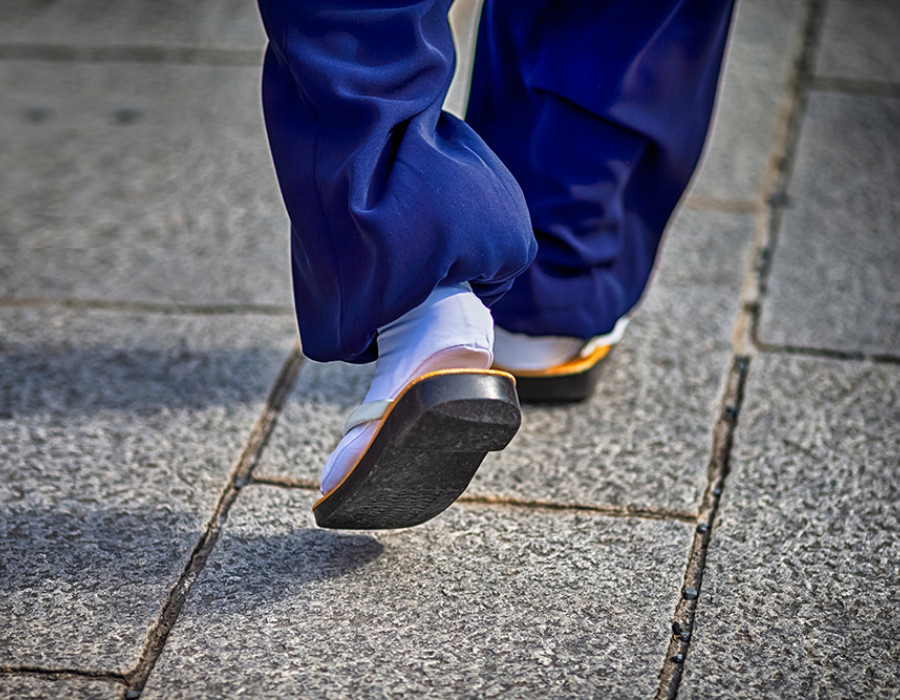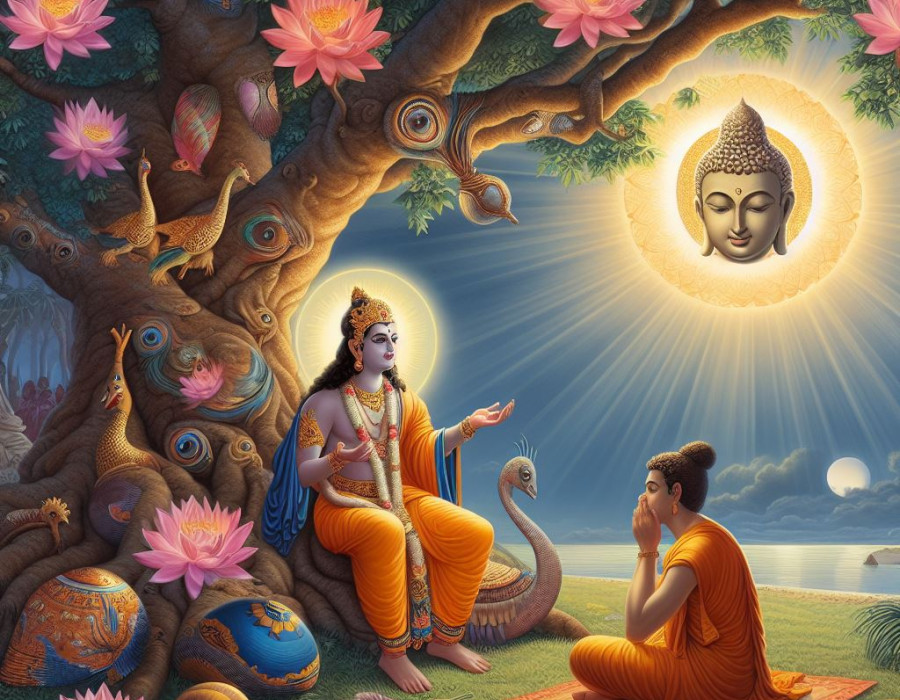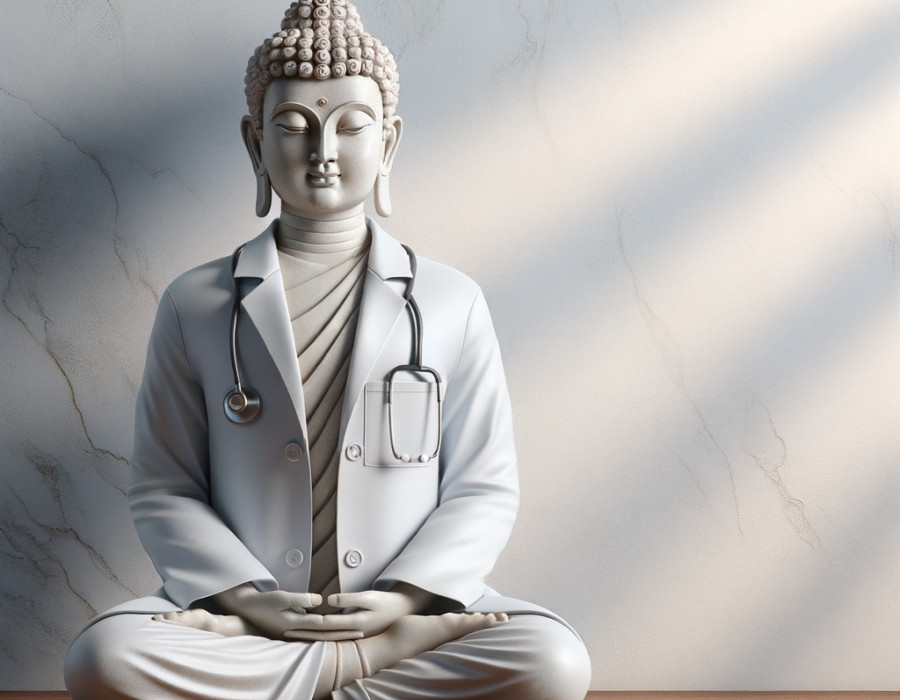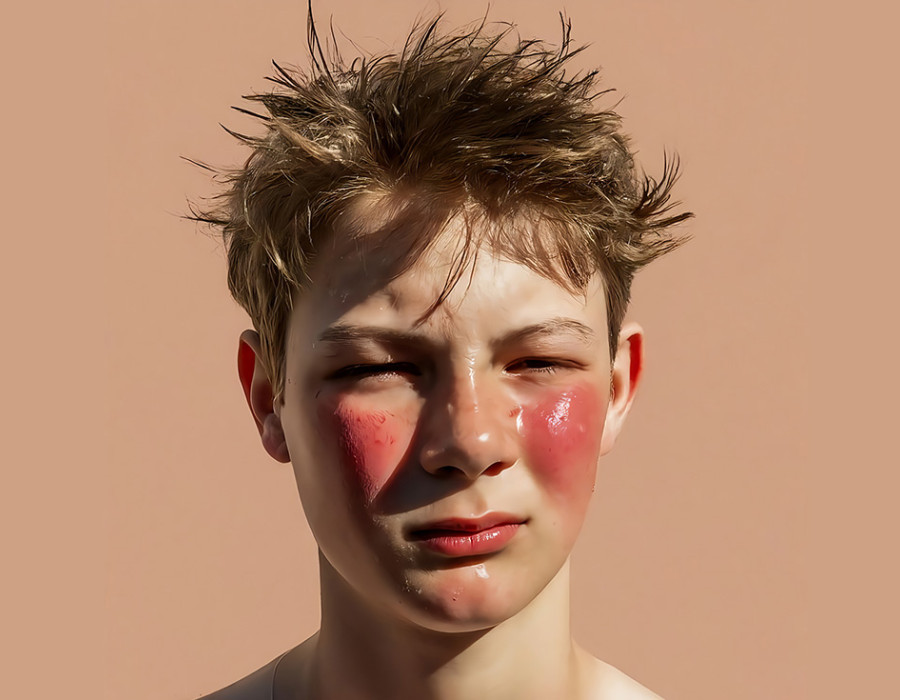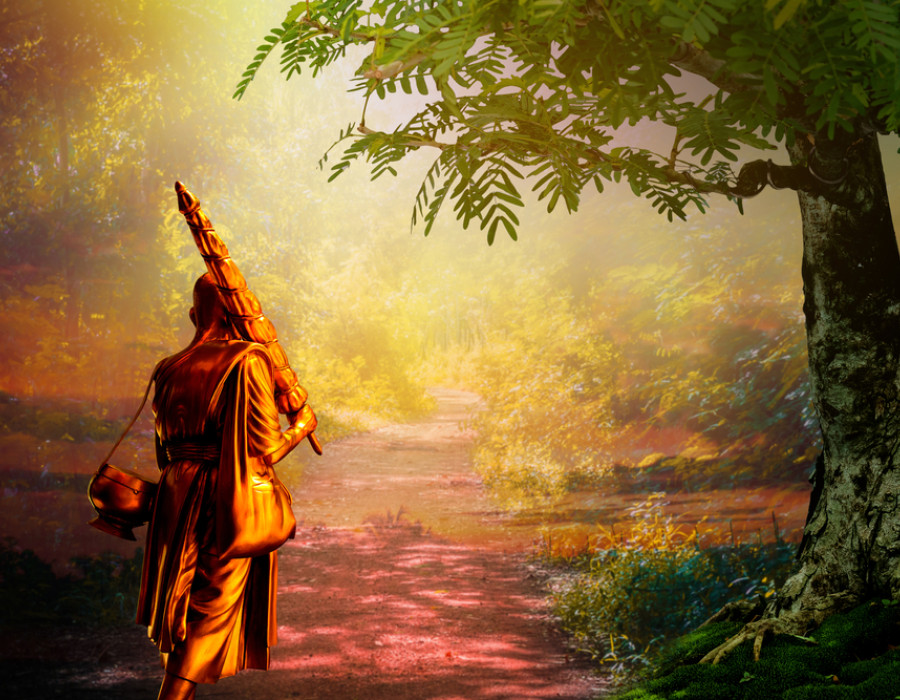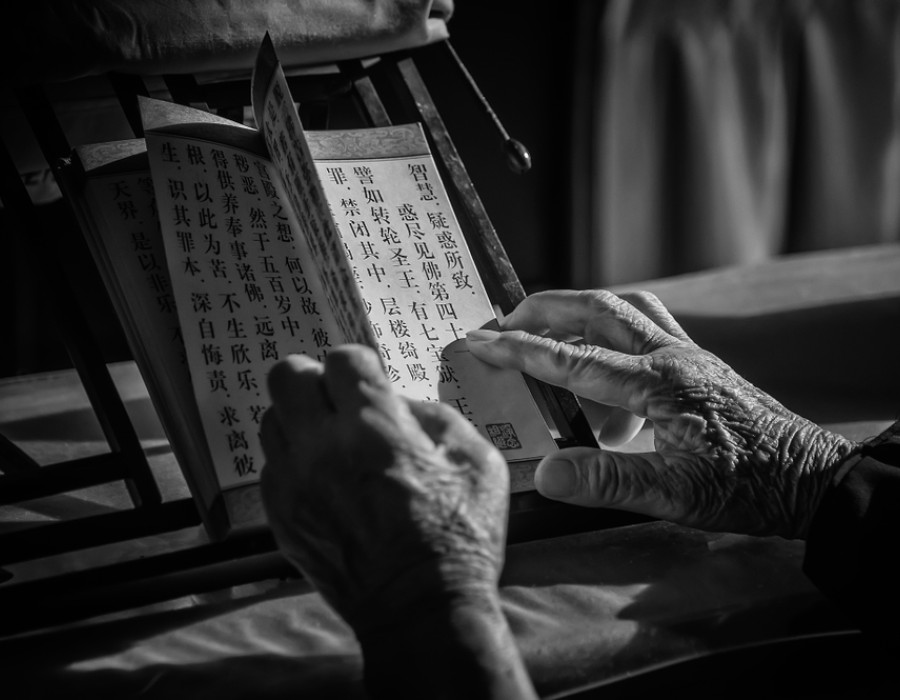6. Leaving Home
THE BUDDHA BLOG
Having faced the reality of life for the first time, prince Gautama now faces a difficult moral dilemma.

Drunk woman on a sofa.
shutterstock
Siddhartha is back in his palace again, stalking the corridors like a trapped elephant . A courtier comes to announce the birth of his son and heir. This is the news that the prince has longed for, but it now only makes him unhappy. He’s done his duty. He’s produced an heir to the throne. The royal line won’t die out. But how can he give up the world and at the same time be a good father to his son? How can he leave the palace now? He wanders back to his princely apartments feeling powerless and angry. Soon a royal delegation arrives to congratulate the new father and ask if a name has been chosen for the future monarch.
“Rahula,” Prince Siddhartha mutters.
King Suddhodhana is alarmed when he learns the name that Siddhartha has given his son and heir.
Rahula means “fetter”. A fetter is a chain you put around an elephant’s leg to keep it from running away. Have the king’s plans gone wrong? Is Siddhartha about to abandon his family and the world like the priests predicted he might? More and more young men at this time were abandoning their homes. There have always been a few Brahmins - men born to be priests - who turn their back on the world to meditate in the forest, but this is like a plague. The old priests are unhappy because their sons no longer care about the rituals they’ve been taught. They’re all saying:
“Why do we need to worry about the gods?” This is the age of discovery. The crops grow every year no matter what we do. We’re getting better at growing them all the time. We’ve invented yeast. Now we can make bread that rises.”
Jizo says that in many ways India in the age of the Buddha was a lot like our own times. India was rich and powerful and thinking up new technologies all the time and its old traditions were coming under attack from all sides, making people feel very uncomfortable. Young people were looking for new ways to cope with all the changes they were seeing.
King Suddhodhana gives it one last try. Maybe Siddhartha is just upset by all the fuss about his first child. It happens. Married life can be boring at times. The king decides to organize a big bash with lots of dancing and singing. You can just imagine the fantastic curries and beer. Anyway, the king is not going down without a fight. He isn’t going to lose Siddhartha, his son and heir, to the new drop-out movement. What will become of his kingdom? What will become of India?
The party scene is a famous one. Jizo says it’s been described in many places in different ways. In some versions Siddhartha drops off during the banquet and then wakes up to discover that it’s very late and there are dirty plates everywhere and the dancers and girl bands are passed out on the sofas and the floor and everybody looks terrible. In other versions, he stays awake but in his own world until everyone else is too exhausted to go on. Anyway, you get the picture. Siddhartha is totally done with the palace and its entertainments. He gets up, whispers to Channa to get his favourite horse, Kanthaka, for him and decides on the spot to leave his world behind.
Before Siddhartha leaves the palace, he makes his way to Princess Yasodhana’s bedroom. He wants to say goodbye to his wife but she’s asleep with the baby in her arms. He leans over to take his first look at Rahula, but Yasodhana’s arm is hiding the baby’s face. He’s aching to see his newborn son, but he’s also afraid that it will break his resolve so he just stands there looking at them and finally turns away.
The king, who is nobody’s fool, has doubled the guards at the gate, but they too have been caught up in the great celebrations and have fallen asleep at their posts. Maybe it’s fate, or whatever you want to call it, but tonight is obviously the night to go. Siddhartha and Channa ride their horses out of the palace while it’s still dark and cross the river beyond the city. There they dismount and the prince takes off his sword, his fine clothes and his royal jewellery, and hands them all over to Channa.
He exchanges them for the yellow rags of an ex-convict. Siddhartha, pointing to the rags that have been abandoned on the road, says, “This man too was under the sentence of death.”:
Even today Buddhist monks wear the same yellow robes.
Siddhartha cuts his long black hair and takes up a begging bowl. It’s the only thing he has left. He says good-bye to his friend, Channa, who weeps. Kanthaka - Siddhartha’s horse -is supposed to have wept too, but I think that’s going too far. I don’t believe horses weep when they’re unhappy.
Dogs who lose their masters can whimper though. Robbie whimpered all night after you left us. The Buddha promises not to see his family again until he solves the problem of old age, sickness and death. You didn’t promise anything, did you? You just left.
THE BUDDHA BLOG | Michael Haggiag
Books

